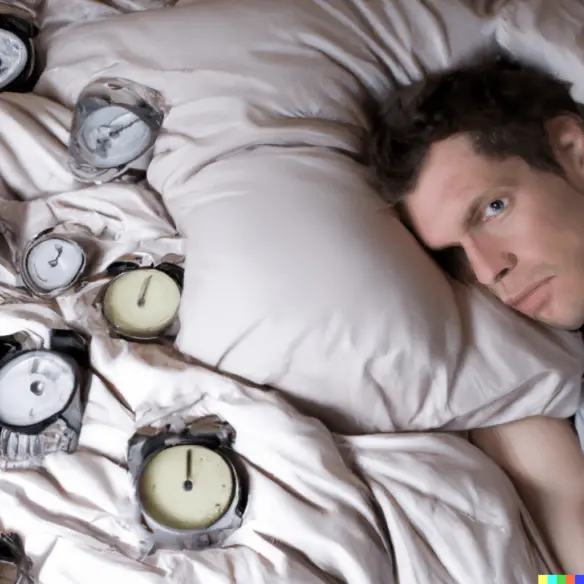Tag: health
-
The impact of microplastics on the environment and our health
Microplastics are the sneaky little particles that we don’t often notice, but they’re wreaking havoc on our environment and our health. These miniature menaces are like glitter, but instead of just annoying us at parties, they’re causing serious problems. Let’s take a closer look at the impact of microplastics and why we need to give…
-
Why Do I Feel Sleepy During the Day? (Part- 2)
Why do I feel sleepy during the day? Oh, I don’t know, maybe because you’re not getting enough sleep at night?! Just a wild guess.
-

Why am I always tired?
Introduction: Fatigue is a common complaint among many people, affecting millions of individuals around the world. It can have a significant impact on quality of life, affecting everything from work performance to personal relationships. If you’re someone who frequently feels tired, you may be wondering why this is happening and what you can do to…